Cultivating Food and Community in the Urban Landscape
Food is a major part of community. It is a pillar of culture, a source of comfort and most importantly the basis of nourishment. For my internship this summer, I was able to grow food in two different communities for the betterment of the residents. Being able to provide produce during this unprecedented time helped me better comprehend and appreciate the value and necessity of community.
Unfortunately, the limitless benefits of food do not come equally to all. Food security is an ever-present issue in our society. For a lot of members of our community, where and how they grew up impacts the amount of food on their table. In Denver alone, 11.9% of the population was food insecure in 2018. Currently, due to COVID-19, food insecurity has soared past this number, with a current estimate of 25% of the population facing food insecurity. Now, more than ever before, people need access to clean, nutritious foods.
Denver Botanic Gardens’ Urban Food Initiatives (UFI) works to help mediate this issue by growing produce not only to supply our neighborhood markets, but also to donate to other incredible organizations around the city working toward the same goal, including Sun Valley Kitchen, Osage Café and S.A.M.E Café.
Throughout my internship, I worked at our Mariposa and Sun Valley farms. Although these farms are small, they make a mighty impact. During our weekly neighborhood markets, we offer the food we grow on a pay-what-you-can basis. This way, everybody has fresh, nutritious foods, no matter their situation, grown right around the corner from where they live. At the markets, residents come together and chat about their day-to-day life, but also about food they are growing, and my favorite part – how they used our produce in their recipes. This is also a time where we can encourage folks to step out of their comfort zone and try vegetables that they have never tried before. It is always the best when residents come back a week later looking for more!
While working on our farms, I was tasked with projects to create resources for community farmers. Firstly, I created a post-harvest handling guide specific to our UFI farms. This document is filled with proper harvesting techniques, food standards and donation standards for the crops that we grow. Now, when people visit and volunteer at the farm, we have a guide that will answer any potential harvesting questions. I also created a crop planner to help the everyday farmer plan their season. This resource will estimate the harvesting date, how many transplants or ounces of seeds are needed and give an estimated yield, among other useful information. This allows the tedious planning process to be more efficient for farmers at any level. By creating these resources, I hope to make urban farming more accessible and inclusive for all communities.
Working at our UFI farms has given me some of the most fulfilling, sweaty and dirty months of my life. Working under my mentor, Brien Darby, and alongside our seasonal farmer, Chloe, was one of the most valuable aspects of my internship. Both women are urban farming powerhouses that taught me how to not only be a better farmer, but also helped expose me to the larger farming community. Throughout my time at the Gardens I also worked with other horticulturists at York Street, where the other interns and I were able to explore their specialties and learn more about what they do. Through these experiences, I stepped out of my comfort zone and refined my horticultural skills.
I feel incredibly lucky to be able to learn and work with the some of the best horticulturists in the nation! I can’t thank Denver Botanic Gardens enough for making this summer unforgettable.
This post was written by Marcelle Condevaux, a Colorado native and the Urban Agriculture intern. She is currently a senior at Colorado State University studying horticulture with a concentration in floriculture. In the next few years, she hopes to pursue a master’s degree in food studies where she hopes to bring communities closer together through food cultivation.
Gallery
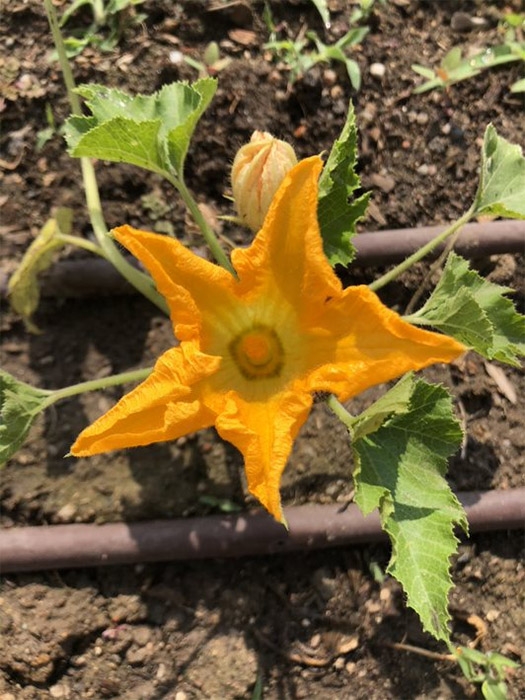
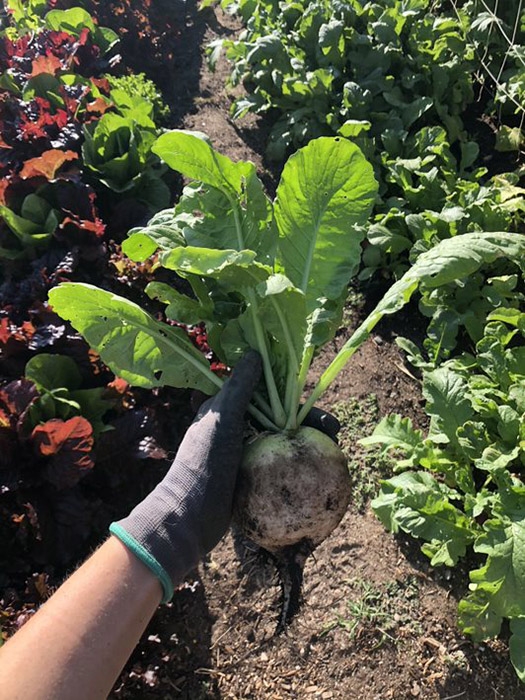
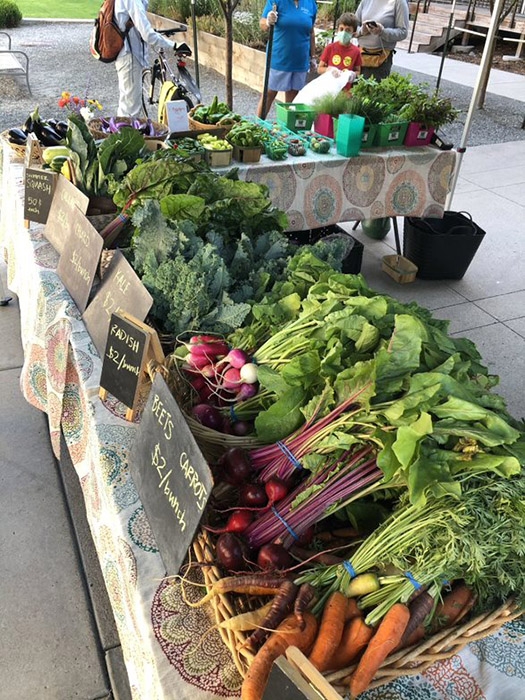
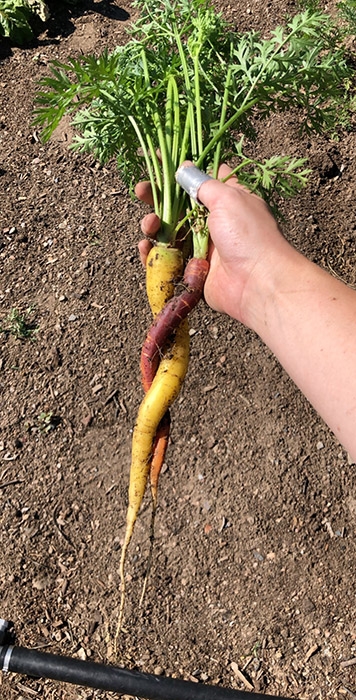
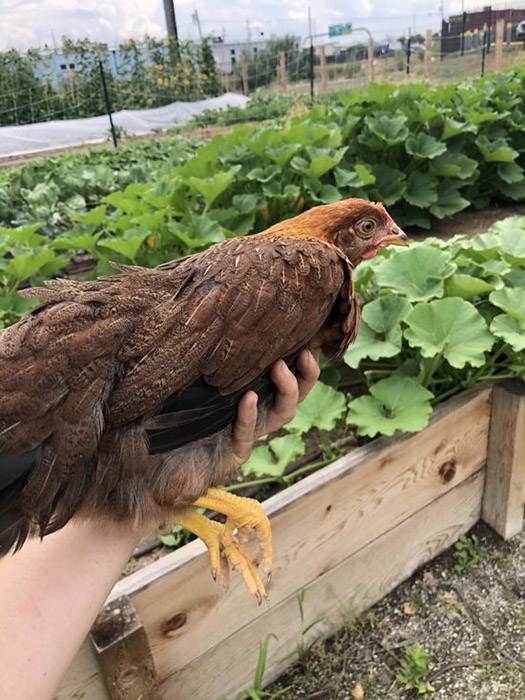
Add new comment